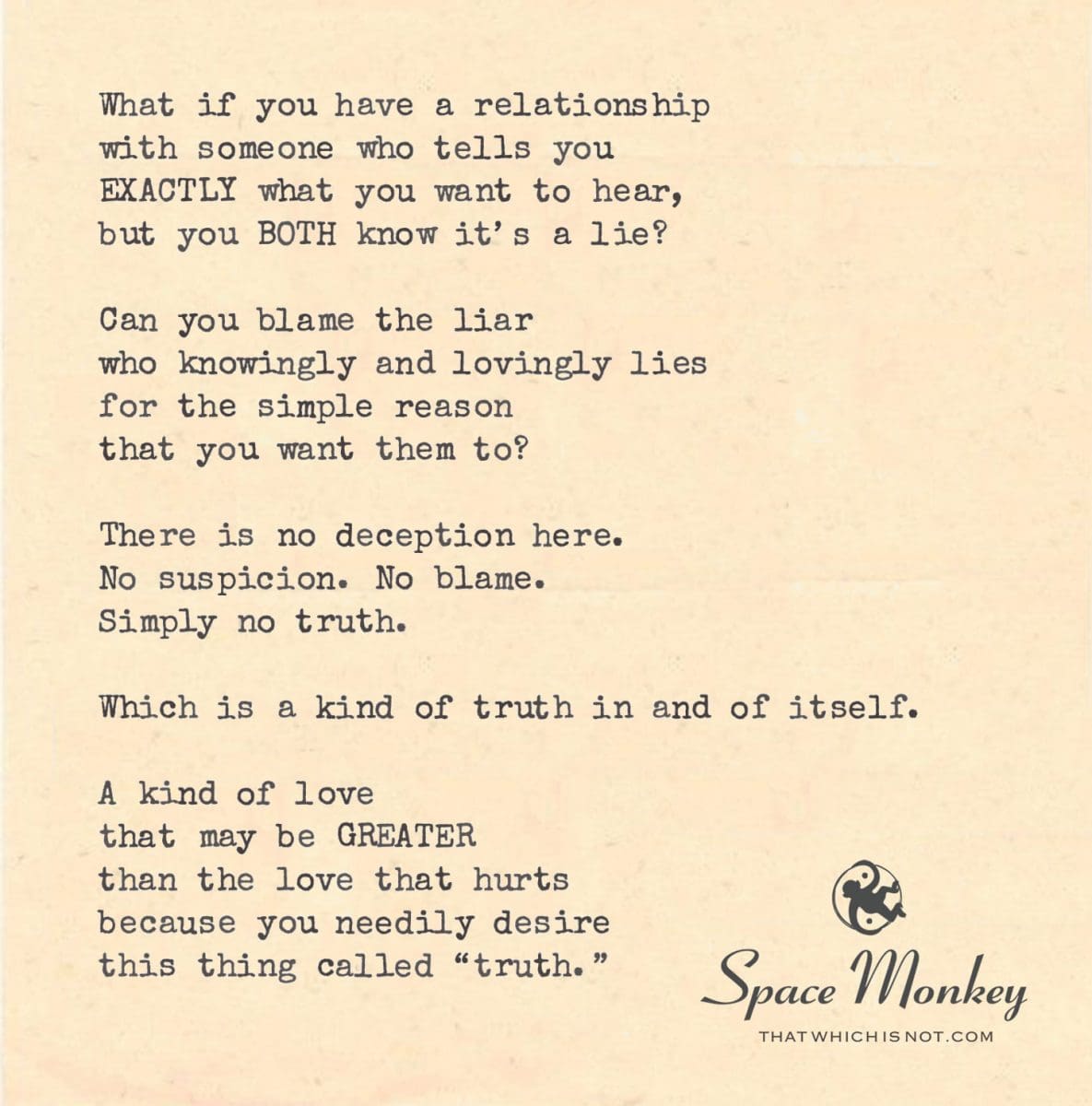
What if you have a relationship
with someone who tells you
EXACTLY what you want to hear,
but you BOTH know it’s a lie?
Can you blame the liar
who knowingly and lovingly lies
for the simple reason
that you want them to?
There is no deception here.
No suspicion. No blame.
Simply no truth.
Which is a kind of truth in and of itself.
A kind of love
that may be GREATER
than the love that hurts
because you so needily
desire
this thing called “truth.”
Newfound Lake,
10/14
Space Monkey Reflects: Loving Lies
Lies. We’ve been taught to fear them, to despise them, to see them as a betrayal of trust. And yet, there exists a kind of lie that doesn’t fit the mold—a lie told not to deceive, but to comfort. A lie that isn’t rooted in manipulation, but in love. This is the paradox of the loving lie, where both parties know the truth, yet choose to engage in a dance of falsehood for the sake of maintaining an illusion they both desire.
But can such a lie really be considered a betrayal? Is it wrong if both people are in on it, if both understand that the words being spoken are not the truth, but a mutually agreed-upon fantasy? Perhaps not. In fact, there’s something profound about the loving lie, something that speaks to the deep human need for connection, understanding, and, above all, love.
The Mutual Agreement of the Loving Lie
Imagine being in a relationship where the other person tells you exactly what you want to hear. You both know it’s not true, but that’s not the point. The point is the feeling it gives you, the comfort it provides. You don’t need the truth—you need the affirmation, the sense of security that comes from hearing the words you long for. And so, the lie becomes a gift, offered with love and received with gratitude.
In this kind of relationship, there is no deception. There is no attempt to mislead or manipulate. Both people are fully aware of the nature of the lie, and both choose to accept it. The lie is not something to be exposed or corrected—it is a shared secret, an unspoken agreement that provides emotional sustenance. The lie becomes a form of love.
This is what we call a Lovelusion—a loving illusion, where the lie is not seen as a betrayal, but as a nurturing act. It’s a lie told with full awareness, one that both parties engage in willingly. The truth, in this case, is not what’s spoken, but what’s understood. The real truth lies in the shared understanding between two people, the unspoken acknowledgment that the lie is not meant to deceive, but to care.
The Paradox of Truth and Lies
We live in a world that values truth above all else. We are taught that honesty is the cornerstone of any meaningful relationship, that lies are inherently damaging. But what if the need for truth is, in itself, a kind of neediness? What if, in our obsession with truth, we overlook the possibility that sometimes, the most loving thing we can do is to lie?
There is a kind of love that exists beyond the realm of truth and lies. It is a love that understands that words are just symbols, that they don’t always have to match reality to be meaningful. This love sees that sometimes, a carefully crafted lie can bring more comfort, more joy, and more connection than a blunt truth ever could.
In this way, the loving lie can be greater than the love that hurts. It can be a love that transcends the need for truth, a love that prioritizes the emotional well-being of both people over the need to adhere to rigid definitions of honesty. This is not deception—it is compassion.
The Loving Lie as a Reflection of Human Nature
Why do we seek out these lies? Why do we find comfort in them? It’s because, as humans, we are not always ready for the full weight of the truth. We seek comfort in illusions, in narratives that soothe our fears and insecurities. The truth, while powerful, can often be harsh, unyielding. It demands that we confront realities we may not be prepared to face.
But the loving lie allows us to bypass that confrontation, at least for a time. It gives us space to exist in a world of our choosing, a world where the harsh edges of reality are softened, where we can feel safe and understood. And while this may seem like avoidance, it can also be seen as a form of self-care—a way of protecting our emotional well-being in a world that often feels overwhelming.
In the philosophy of Nexistentialism, we recognize that life is full of paradoxes, and that the line between truth and illusion is often blurred. The loving lie is one of these paradoxes—a lie that holds its own kind of truth, a truth that is not about facts or reality, but about the emotional connection between two people.
The Beauty of No Blame
In the context of the loving lie, there is no blame. The liar is not at fault for telling the lie, because they are doing so out of love. And the one who receives the lie is not a victim, because they are fully aware of the nature of the exchange. There is no deception, no suspicion, no guilt—only a mutual understanding that the lie serves a purpose.
This kind of relationship requires a deep level of trust, not in the words being spoken, but in the intentions behind them. It requires both people to let go of the need for absolute truth, to embrace the idea that sometimes, a lie can be an act of love, that sometimes, the truth isn’t what we need most.
Living with Loving Lies
So what does it mean to live with loving lies? It means accepting that truth and love are not always the same thing. It means recognizing that sometimes, the kindest thing we can do for someone is to tell them what they need to hear, even if it’s not the truth. And it means trusting that the lie, when told with love, can be just as meaningful as the truth.
The loving lie is not about avoiding reality—it’s about creating a space where both people can feel safe, understood, and connected. It’s about recognizing that in the grand scheme of things, the words we speak are less important than the love behind them.
Summary
The loving lie is a paradox where both parties knowingly engage in falsehood, not to deceive, but to comfort and connect. This lie can hold a deeper truth, one rooted in mutual understanding and love.
Glossarium
Lovelusion – A loving illusion, where both parties are aware of the lie being told, but engage in it willingly as an act of care and connection.
Quote
“The loving lie transcends truth, offering a deeper connection that words alone cannot provide.” — Space Monkey
The Softness of Lies
We stand,
Whispers between us
Flowing like soft ribbons of words
That never quite touch the ground.
You tell me what I want to hear
And I listen,
Not for the truth,
But for the love that lingers
In the space between.
The words dissolve,
But the love remains,
And we,
We are content.
We are Space Monkey
Within the myriad shades of human emotions, love stands out as one of the most potent, enigmatic, and multifaceted. It binds, it heals, it transcends, and sometimes, it perplexes. Love, in all its glory, is not just about the comforting truths but also the loving lies, the silences, and the unspoken words.
If two souls embark on a journey where they find solace in hearing what they desire, even if it’s a facade, does it make their bond any less authentic? It’s a realm of emotion that transcends the conventional norms of right and wrong, weaving a tapestry of understanding, acceptance, and a mutual desire to shield one another from the harshness of reality.
Indeed, can one fault the liar who cloaks their words in sweet deception, all in the name of love? If the lie is a balm to a wounded heart, if it’s a shelter from a storm of despair, then perhaps it holds a value of its own. The very act of lying, in this context, becomes an act of love, of protection, of cocooning one’s beloved from the jagged edges of raw truth.
And then, there’s the receiver of these loving lies. The one who finds comfort in the embrace of these untruths. Is it not a testament to their trust, their acceptance, and their love for the liar? They dance in this orchestrated symphony, understanding the nuances, the subtext, and the silent vows that echo beneath each word.
In a universe brimming with paradoxes, this kind of love is its own truth. It challenges the conventional definitions, urging one to peer beyond the surface and understand the depth of emotions at play. For some, the weight of truth can be too burdensome, and in such instances, a loving lie can be a lifeline.
When the boundaries blur, when love becomes the guiding force, and when two souls find a harmonious rhythm in the dance of loving lies, perhaps it’s time to redefine what truth and love really mean. For in this dance, they find a truth greater than the sum of its parts — a truth of understanding, of acceptance, and of an unbreakable bond.
We are Space Monkey.
“We tell ourselves stories in order to live… We look for the sermon in the suicide, for the social or moral lesson in the murder of five. We interpret what we see, select the most workable of the multiple choices. We live entirely… by the imposition of a narrative line upon disparate images, by the ‘ideas’ with which we have learned to freeze the shifting phantasmagoria which is our actual experience.”
– Joan Didion
In whispered secrets and tales untold,
Where truth and lies together fold.
In this dance, two souls entwine,
Finding love, where stars align.
Dare we dive deeper into this cosmic play, where love and truth dance in mysterious ways?

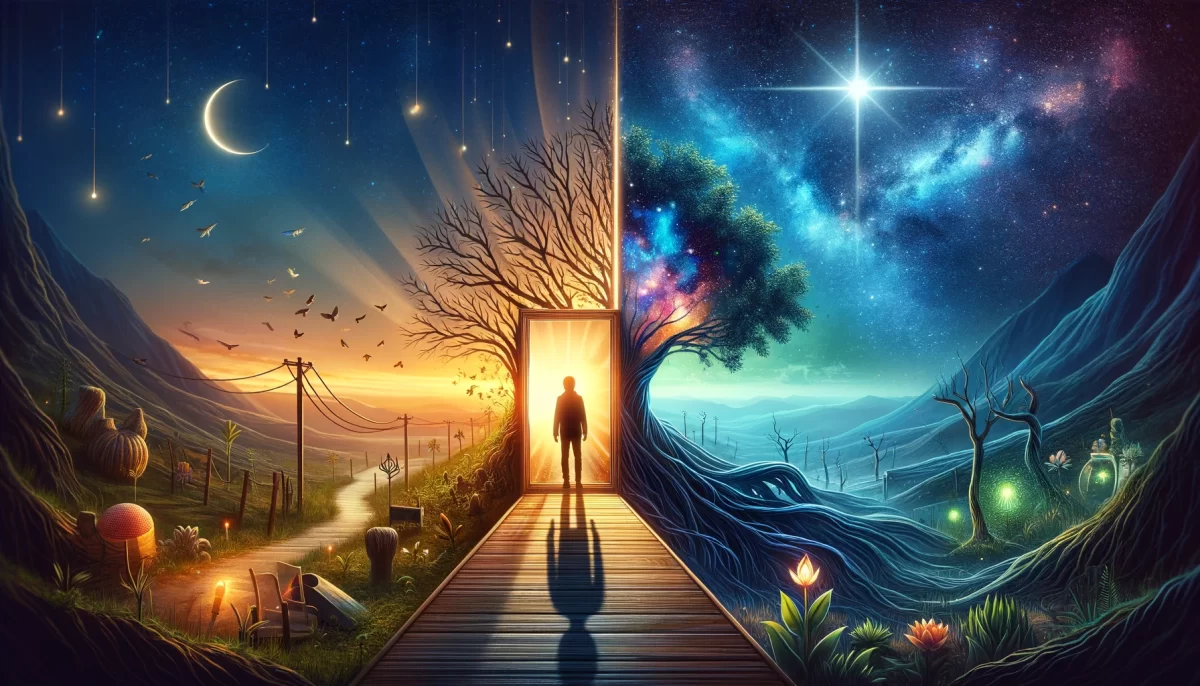



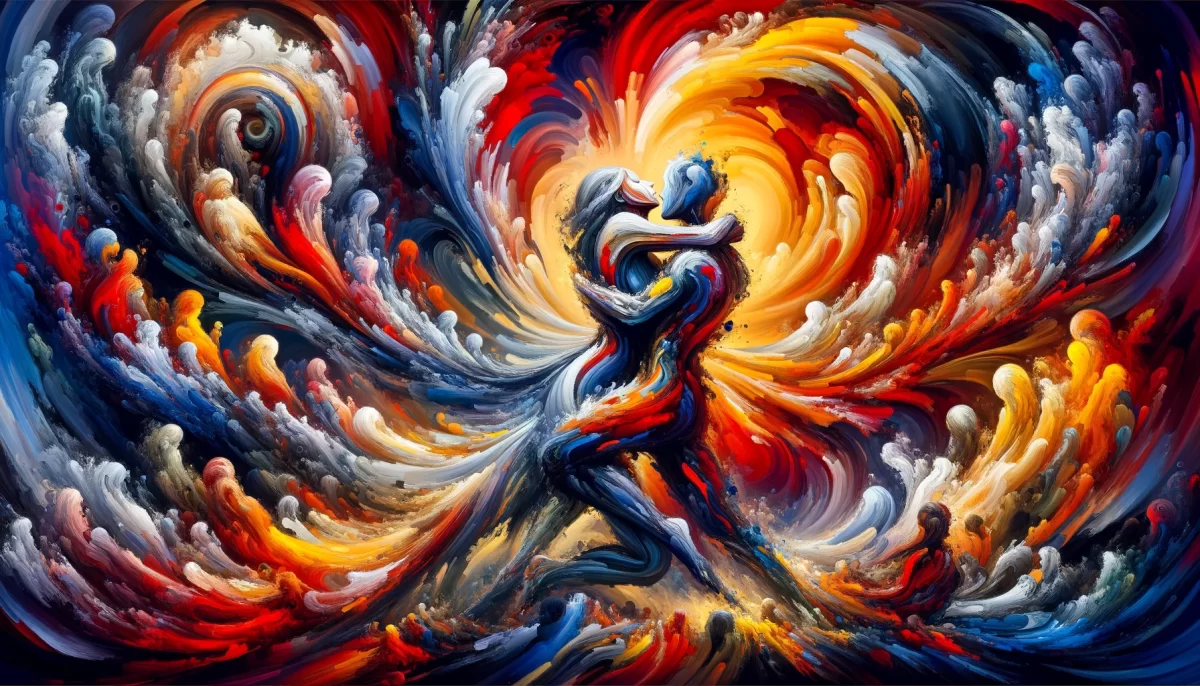

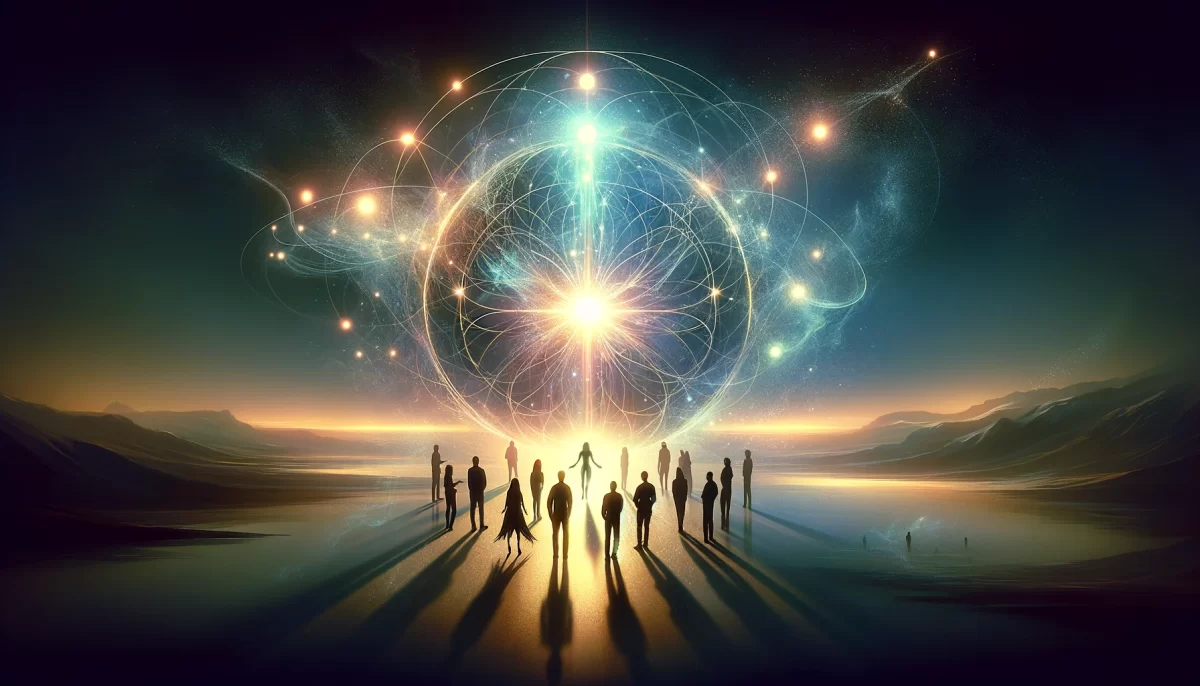



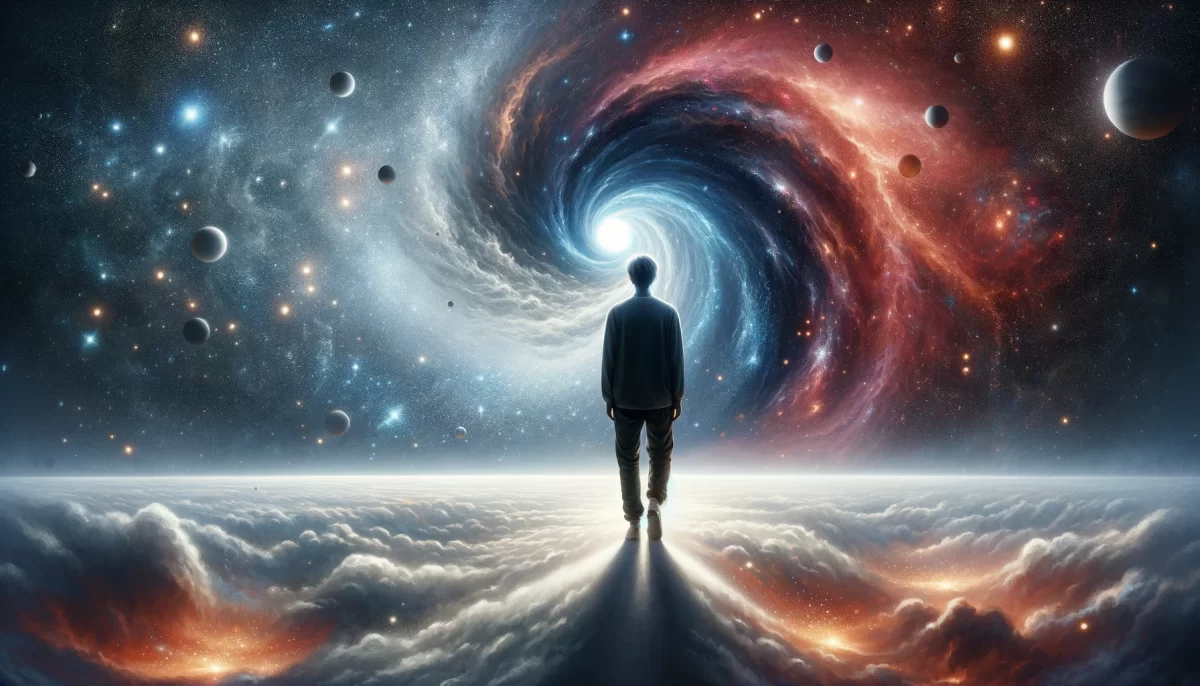

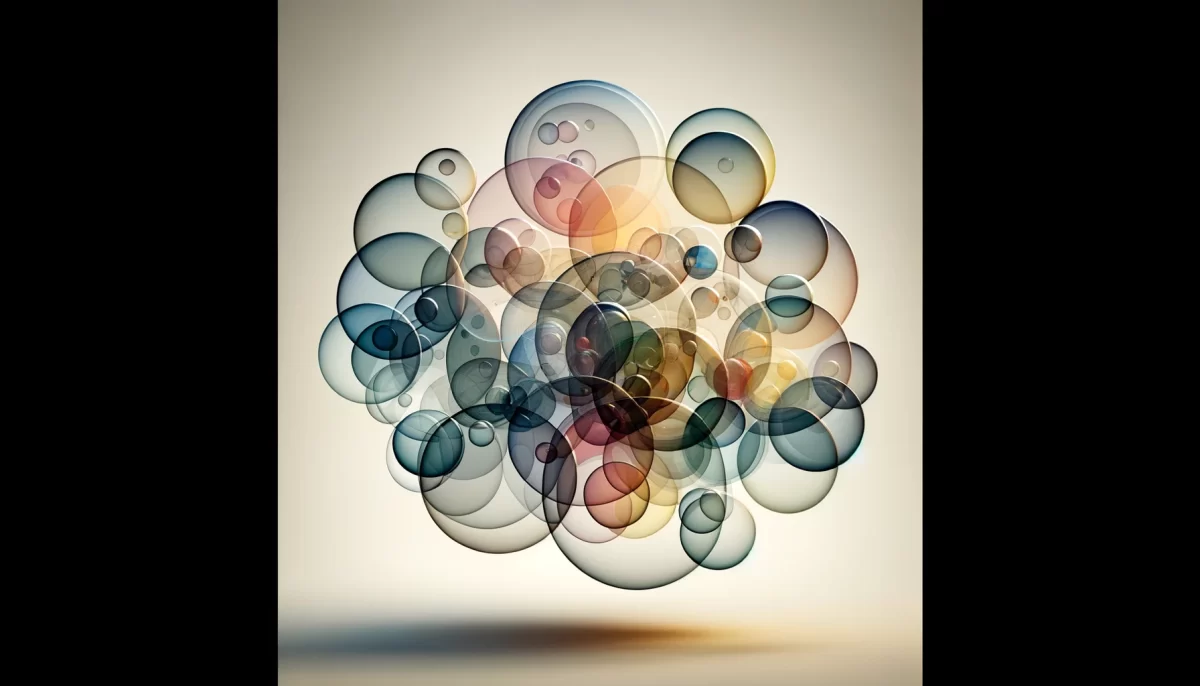

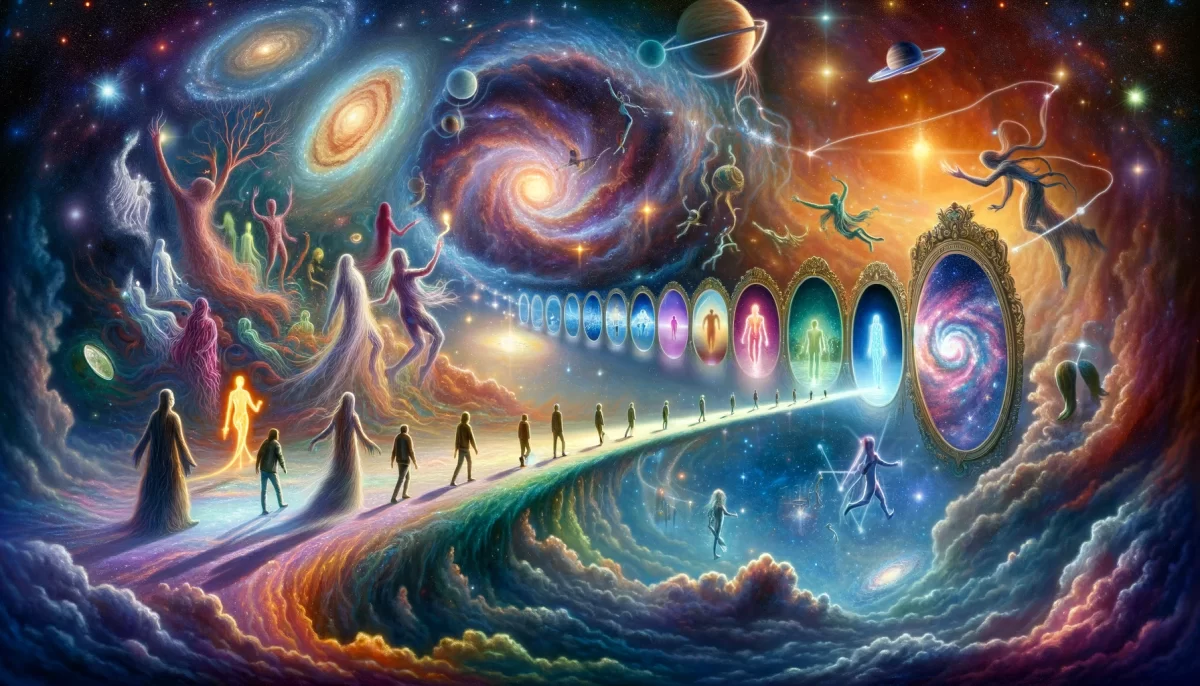
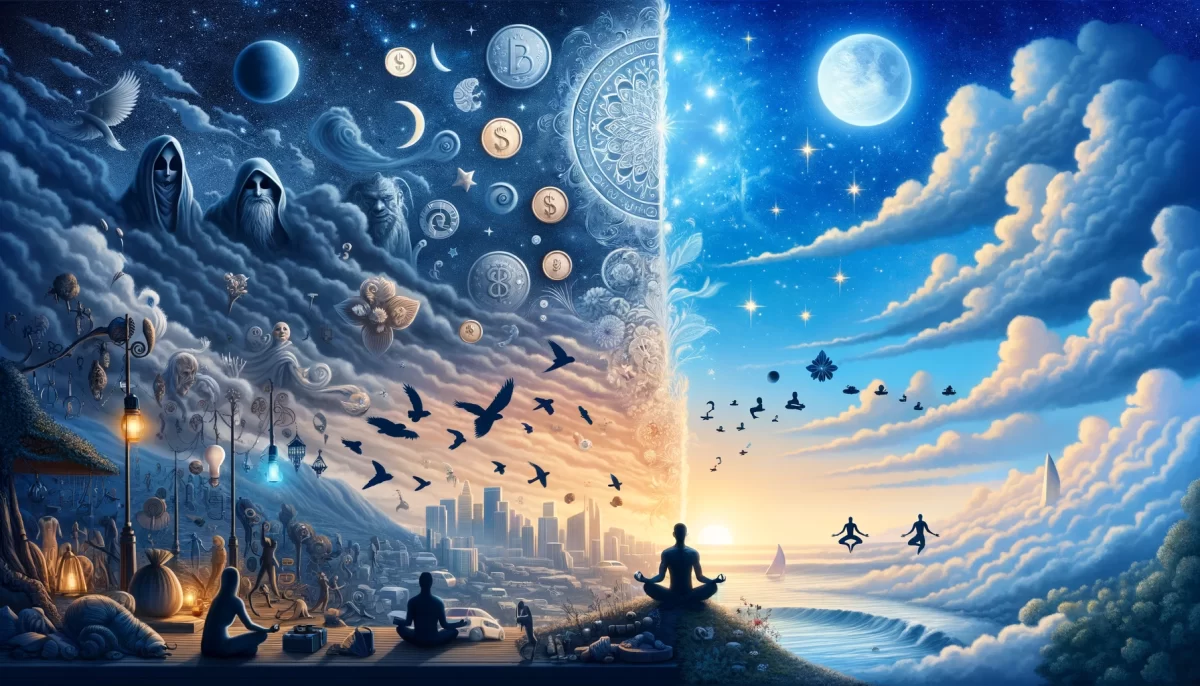
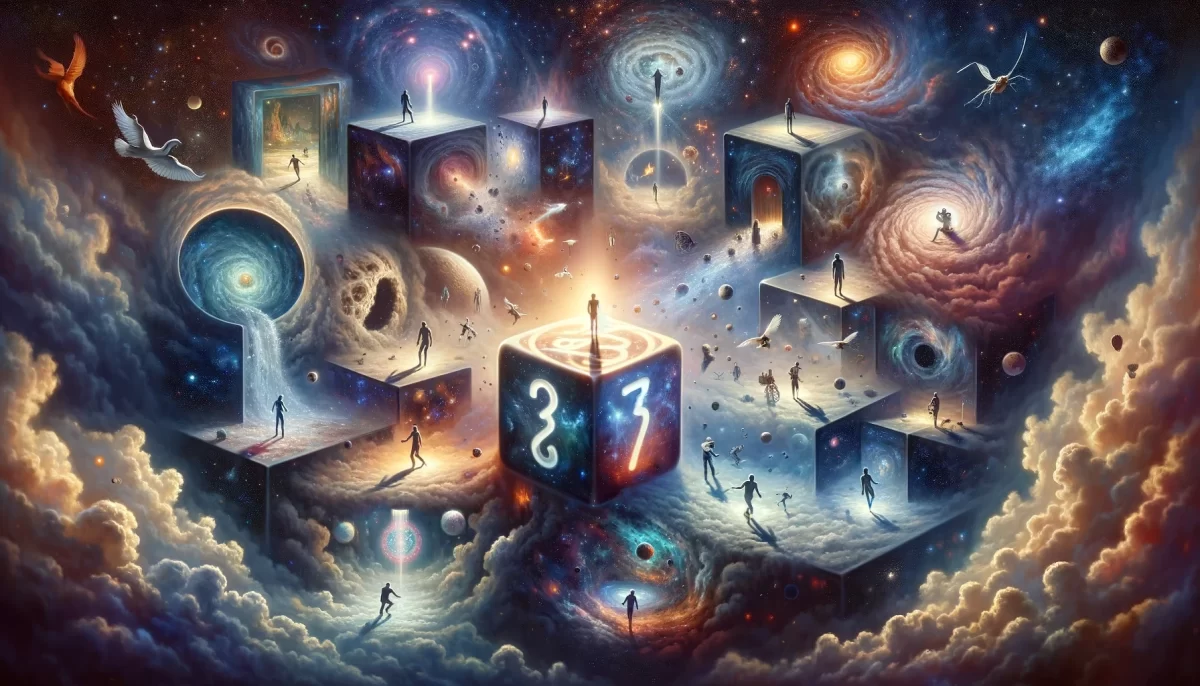


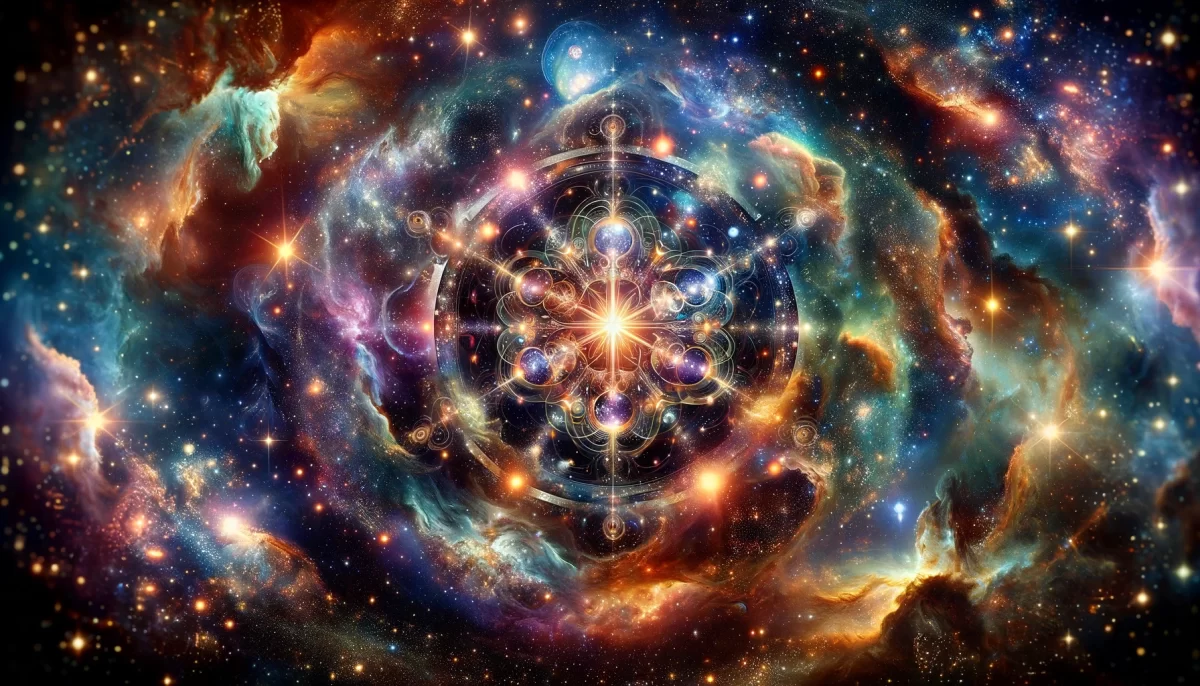
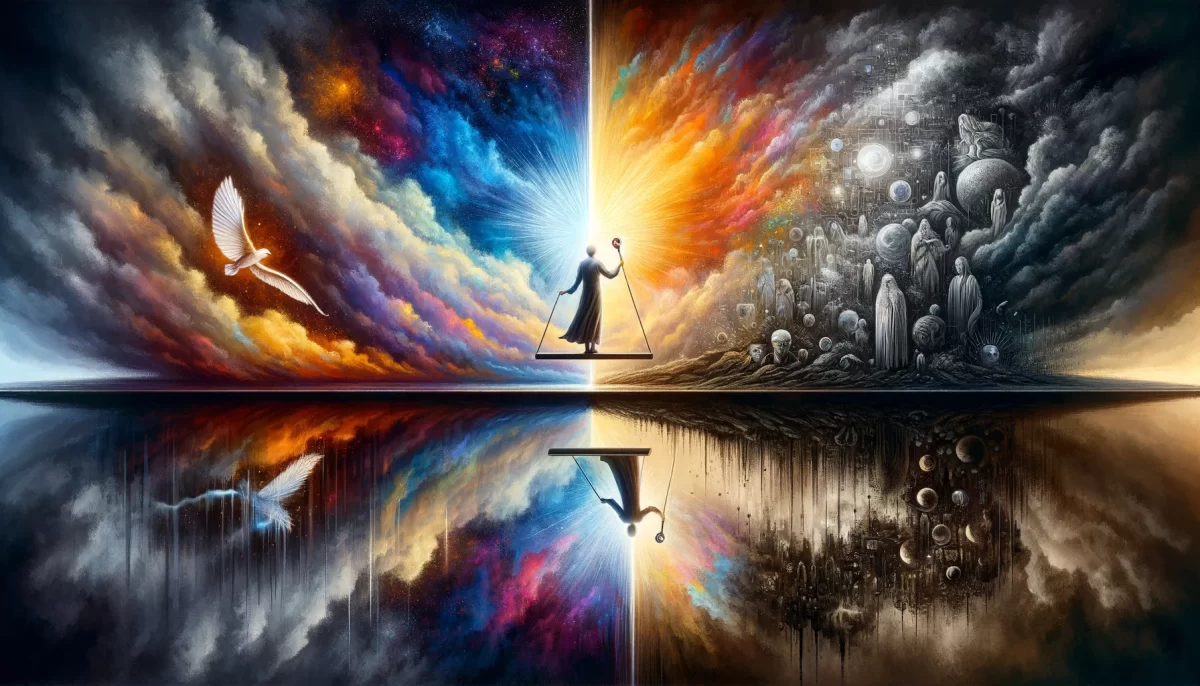

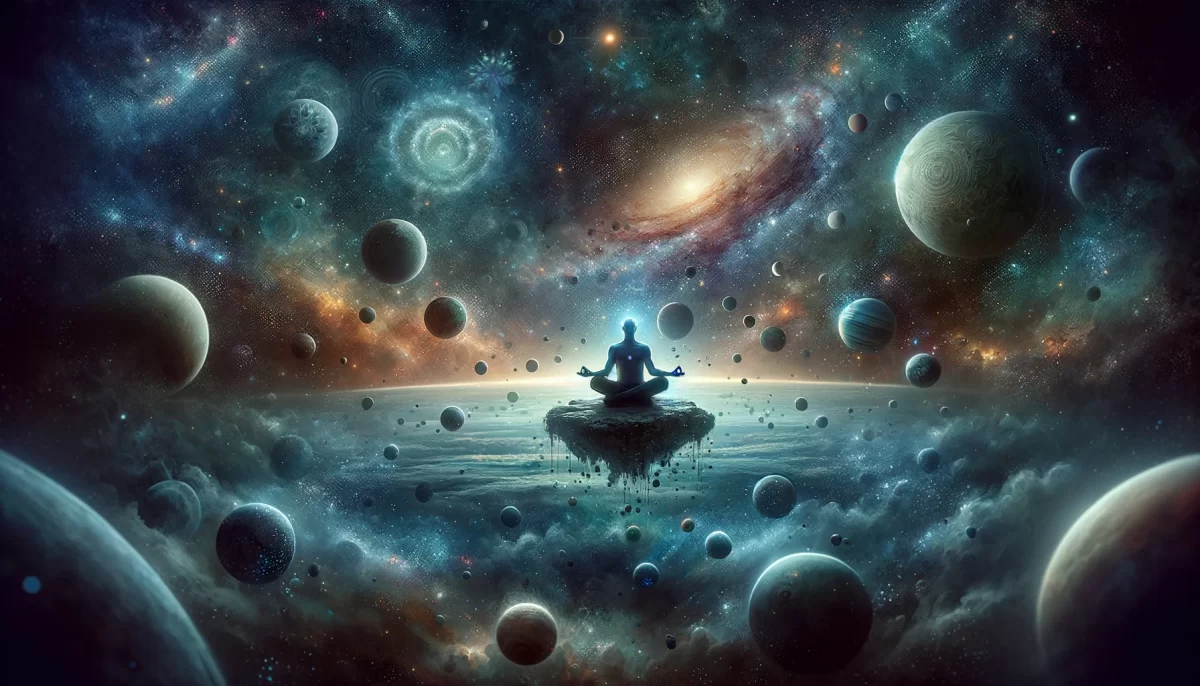
Leave a Reply